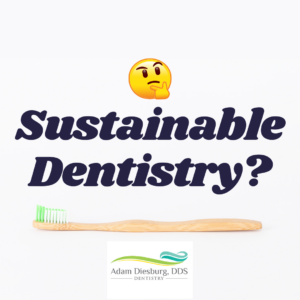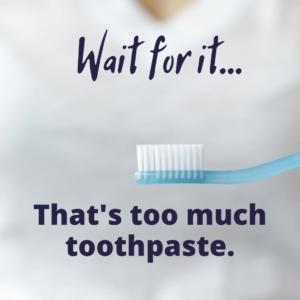You don’t need to walk through the desert of dry mouth alone.
Dry mouth, also known as xerostomia, results when you have decreased production of saliva. While annoying, it isn’t just one of those symptoms to take lightly. Extreme dryness in the mouth can make it difficult to speak and may lead to decreased nutrition. Left untreated, dry mouth can progress to permanent mouth and throat problems that can greatly impede a person’s quality of life.
An estimated 10% of Americans suffer from dry mouth. Women tend to get dry mouth more than men, and disorders of the salivary glands affect elderly people more than younger people. Additionally, many prescription drugs can have dry mouth as a side effect.
Why care about dry mouth?
Most people don’t think about the amount of saliva in their mouth, but they should. Saliva is part of a healthy mouth and helps to lubricate the mouth and gums and tongue against sores, ulcers and mouth pain. It helps you digest your food and helps teeth rebuild mineral deposits, keeping your teeth in good shape. Saliva can also help your tongue taste food more effectively. Left untreated, the lack of saliva in your mouth can lead to more cavities, especially along the gum line.
What might cause you to get dry mouth?
Xerostomia often occurs as a result of use of prescription medication, especially use of:
- blood pressure medication
- antidepressents
- antihistimines
- diuretics
- non-steroidal anti-inflammatories
Other factors that may cause dry mouth include:
- Radiation treatment to the head and neck
- Salivary gland diseases
- Diabetes
- Hormonal imbalances
- Autoimmune disorders
- Rheumatoid arthritis
- Lupus
- Stress
- Anxiety
- Depression
- Dehydration
How do you know if you have dry mouth?
If your mouth is dry and you have trouble speaking, eating tasting food, or swallowing, and if your tongue is cracked, you likely have dry mouth. Many sufferers get dry mouth most at night, especially if they have chapped or cracked lips and breathe through their mouths. You might suffer from complaints such as open sores in the mouth, a burning tongue or throat, periodontitis, ulcers, or inflamed soft tissues.
How do we treat dry mouth?
Dr. Diesburg will help you develop a plan to manage your symptoms and treat the underlying cause. He will likely advise a low-sugar diet and flouride toothpaste treatment to protect your teeth. In selecting a mouthwash, he will advise you to look for a rinse that doesn’t have alcohol, which can dry out your mouth further.
We recommend rinsing your mouth with Biotene in the morning and the evening, after regular brushing. You should plan on drinking more water throughout the day to ensure you do not become dehydrated. If dry mouth has caused you to develop a fungal infection such as oral candidiasis,
Dr. Diesburg may recommend an anti-fungal treatment including rinses and dissolving tablets. Dry mouth might not ever go away, but by staying on top of dry mouth, you can decrease the symptoms and impede its effect on your overall oral health. We are happy to help you in this process.




